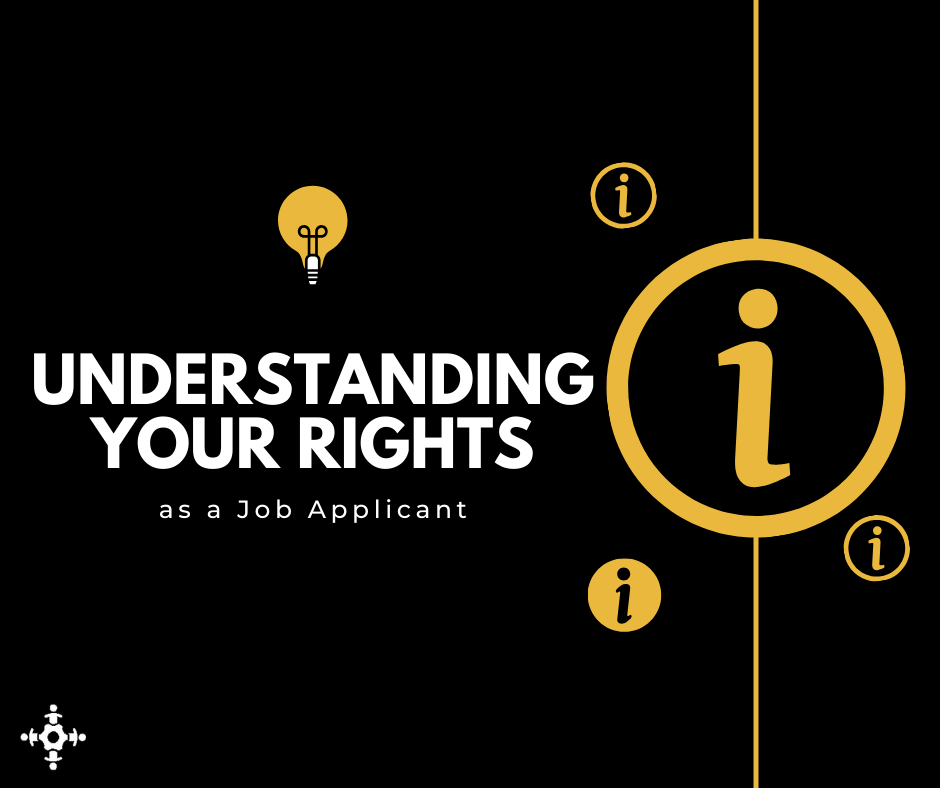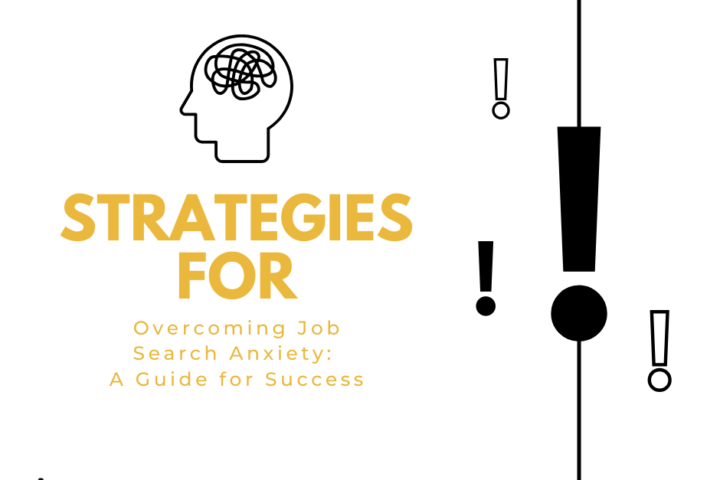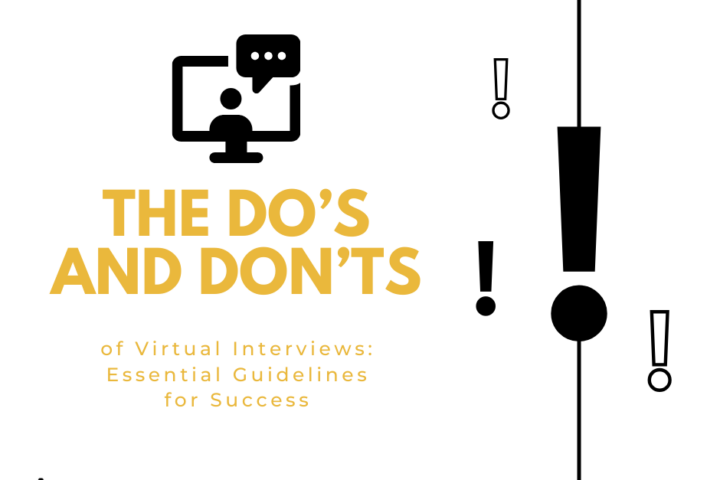Understanding Your Rights as a Job Applicant
Home » Candidate Advice » Understanding Your Rights as a Job Applicant
Navigating the job market can be daunting, especially when you need clarification on the legal rights that protect you as a job applicant. From anti-discrimination laws to privacy concerns, understanding your rights is crucial to ensuring you are treated fairly and respectfully throughout the hiring process. This article explores your critical rights as a job applicant and offers guidance on what to expect and how to assert these rights if necessary.
The Importance of Knowing Your Rights
Being informed about your rights as a job applicant helps you avoid potential discrimination and empowers you to stand up for yourself if you believe those rights are being violated. It ensures a fair hiring process where decisions are made based on merit and fit rather than irrelevant or unlawful criteria.
Fundamental Rights of Job Applicants
1. Right to Non-Discrimination
One of the fundamental rights of job applicants is the right to be free from discrimination in the hiring process. This includes discrimination based on:
- Race, color, or national origin
- Sex (including pregnancy, sexual orientation, or gender identity)
- Religion
- Disability
- Age (for candidates 40 and older)
- Genetic information
These protections are primarily enforced by the U.S. Equal Employment Opportunity Commission (EEOC). They are rooted in various federal laws, such as the Civil Rights Act, the Americans with Disabilities Act (ADA), and the Age Discrimination in Employment Act (ADEA).
2. Right to Privacy
Job applicants have certain privacy rights regarding the information they share with potential employers. For example:
- Background Checks: Employers must obtain your written consent before conducting a background check. They must also inform you if any information discovered during the background check leads to an adverse employment decision.
- Medical Information: Under the ADA, employers are limited in when and how they can request medical information from applicants. Generally, medical inquiries and exams can only be conducted after a job offer is made and must be related to the job.
3. Right to Fair Pay
The Equal Pay Act requires that men and women in the same workplace be paid equally for equal work. This law covers all forms of compensation, including salary, overtime pay, bonuses, stock options, profit sharing and bonus plans, life insurance, vacation and holiday pay, and benefits.
4. Right to Accommodation
Job applicants with disabilities are entitled to reasonable accommodation during the application process as long as the accommodation does not impose an undue hardship on the operation of the employer's business. This might include modifications to the application process or work environment that allow the candidate to compete for and perform the job.
How to Assert Your Rights
1. Research and Prepare
Understanding your rights begins with education. Familiarize yourself with the relevant laws and regulations that apply to job applicants. Resources such as the EEOC website can provide valuable information.
2. Document Everything
Keep detailed records of your job applications, interviews, and interactions with potential employers. Documentation can be crucial if you need to file a complaint or legal claim regarding discrimination or other violations.
3. Speak Up
If you believe your rights have been violated during the application process, start by directly addressing the issue with the employer. If this doesn’t resolve the issue, you can file a complaint with the EEOC or your local equivalent. It's important to act quickly, as there are often time limits for filing complaints.
4. Seek Legal Advice
If you need clarification about your rights or how to proceed with a potential violation, consider consulting with a legal professional specializing in employment law. They can provide guidance tailored to your specific situation.
Conclusion
Understanding and asserting your rights as a job applicant is essential for a fair and equitable job search process. By being informed and prepared, you can ensure that your candidacy is evaluated on your qualifications and merit, free from unlawful bias or infringement of your privacy. Remember, if you ever feel your rights have been compromised, there are steps you can take to seek resolution and uphold fairness in employment practices.






